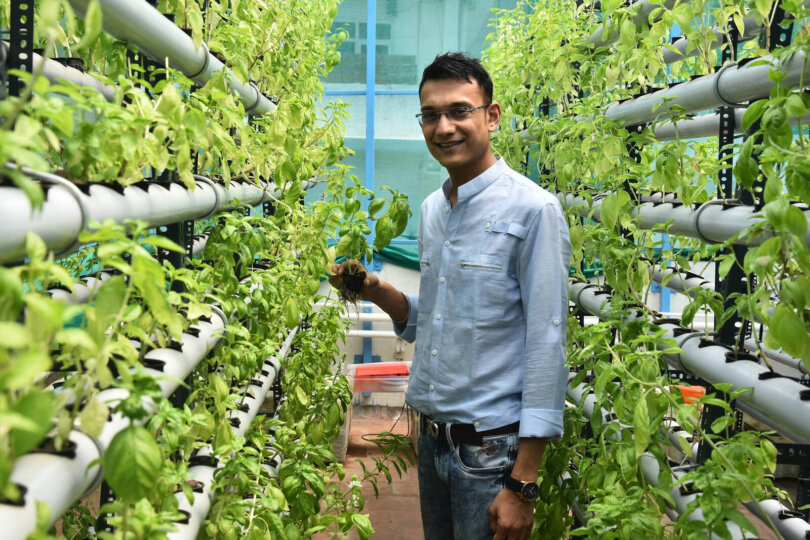Agroindustrial engineering is an interdisciplinary branch of engineering that plays a crucial role in the nexus between the industrial and agricultural sectors, not only in our country, but globally. At first, the combination of these two sectors can be confusing and even discourage some from becoming industrial engineers.
Agroindustrial refers to the processing of agricultural products through the use of technology and industrial processes, which involves a series of activities ranging from primary production to the commercialization of final products. However, this general definition omits important nuances that make agroindustrial engineering an attractive option for those seeking a career in engineering with practical, real-world applications.
A more precise definition of agroindustrial engineering would be: the application of knowledge in natural sciences, economics and mathematics to manage and improve agroindustry, which involves the development, planning and execution of processes that transform raw materials into food or value-added products.
Agribusiness engineering offers a variety of job opportunities in different branches of agribusiness, each with its own advantages and challenges. Some of these branches include:
- Agricultural: involves crop production and processing, including the automation of irrigation systems and crop mechanization.
- Livestock: focuses on the production and processing of animal products, such as meat, milk and eggs.
- Fisheries: covers fishing and aquaculture, as well as the processing and marketing of seafood products.
- Forestry: involves the management and processing of forests and forest products, such as wood and paper pulp.
- Fruit: involves the production and processing of fruit, including cold storage and the production of juices and jams.
- Food: covers the processing and marketing of food, from the production of baked goods to the production of alcoholic beverages.
In addition, there is a branch specialized in the construction of agro-industrial structures, such as silos, barns, stables and other facilities related to agro-industry.
Are you an agro-industrial engineer or do you want to study it?


